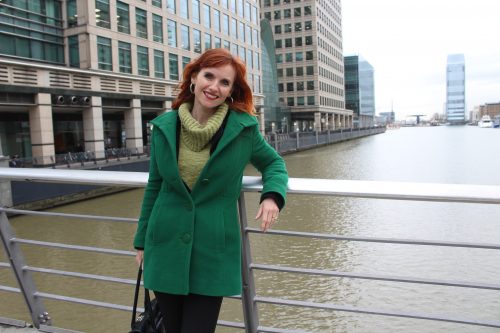
Organisation says the plan in its current form fails to address congestion and targets the wrong road users
The Government’s plan to improve air quality will fail because it ignores the growing impact of congestion on pollution in city centres, Greener Journeys has warned.
New analysis by Greener Journeys and Professor David Begg, the former Chairman of the Government’s Commission for Integrated Transport, was published on June 15, National Clean Air Day. The document represents Greener Journeys’ official submission to the Government’s consultation on its draft Air Quality Plan.
The report claims a halving of average city traffic speeds leading to a 50% increase in emissions from larger vehicles. In nose-to-tail traffic, tailpipe emissions are four times greater than they are in free flow traffic.
In contrast, Greener Journeys claimed easing traffic flow can lead to dramatic reductions in NOx emissions from all vehicle types. Emissions from the latest Euro 6 diesel buses, for example, can be halved by increasing speeds from 3.7mph to 5mph.
The report argued that diesel cars are the single biggest contributor to NOx emissions on the road, accounting for 41% of all emissions from road transport. A journey by a modern Euro 6 diesel car emits 10 times more NOx per passenger than a comparable journey by a Euro 6 bus.
Congestion in the UK’s largest cities is 14% worse than five years ago and traffic speeds are forecast to fall by almost 5mph from 17mph to an average of 12mph by 2030, and significantly slower in peak hours.
Traffic delays are set to almost double over the next decade, leading to an average delay of a minute and a half per mile on England’s A roads.
The submission said if the Government is serious about addressing the growing public health emergency caused by air pollution, it must take meaningful steps to tackle urban congestion at the heart of the strategy. It stated that while ministers have recognised the link between congestion and pollution, their plan focuses on removing speed humps and traffic light sequencing rather than reducing the number of vehicles on the road, which causes 75% of all delays.
The draft Air Quality Plan acknowledges that without further action, 31 of 43 UK zones will miss air quality targets in 2020. Current plans, however, identify buses and taxis as priority diesels to target within clean air zones, followed by HGVs and vans, with cars a drastic final option. Greener Journeys said this is the reverse order of the contribution these vehicles make to NOx emissions totals.
Claire Haigh, Chief Executive of Greener Journeys, said: “It’s time for the Government to take meaningful action to tackle the appalling air quality in our towns and cities. Handing responsibility for all the tough decisions to local authorities will not be sufficient. Government must show leadership.
“Some measures in the Air Quality Plan, such as the Government’s commitment to retrofit technology are promising. However, its failure to take tougher action on diesel cars and establish further mandatory Clean Air Zones exposes a lack of commitment to tackling air quality.
“Congestion has a direct and severe impact on air pollution. The Government’s plans must tackle congestion and encourage greater use of sustainable transport modes such as the bus, which can take 75 cars off the road reducing both pollution and congestion.”
Professor David Begg, Chief Executive of Transport Times and former Chairman of the Government’s Commission for Integrated Transport, said: “The Government’s current plans fall short of what is needed to tackle air pollution. Policies should focus on easing congestion, increasing support for upgrading public transport such as buses, and more action to crack down on the biggest polluters on the road – diesel cars.
“The congestion problem is not going to go away on its own. The growth in online shopping means the proportion of vans on the road continues to increase, and unlike cars these vehicles don’t simply go away when traffic jams get too severe.
“Unless action is taken, urban traffic speeds will continue to fall until they reach walking pace.”

